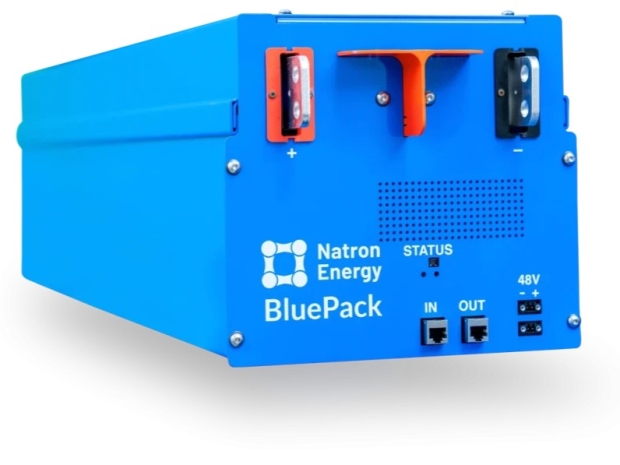According to Raleigh’s The News & Observer, Natron had $25 million (€23.3 million) worth of orders waiting for its Michigan plant but could not fulfil them without UL certification. That process usually drags on for months, and investors decided they were not going to wait that long.
Natron’s main shareholder Sherwood Partners tried to flog its stake but found no takers. It is now liquidating the company and laying off nearly everyone, leaving only a skeleton crew to wind down operations.
The closure is a brutal reminder that battery startups without consistent industrial policy backing rarely make it to the gigafactory stage. The trek from lab prototype to mass production usually takes a decade, and investors’ have the attention spans of gnats.
Natron is being chopped up under an “assignment for the benefit of creditors,” a quieter alternative to Chapter 7 bankruptcy that avoids lengthy court hearings and shifts assets quickly.
Just a year ago Natron was bragging about plans for a $1.4 billion (€1.3 billion) sodium-ion factory in North Carolina, promising to churn out gigawatt-hours of cells and hire up to 1,000 workers. The company had been targeting stationary storage and data centres, where sodium ion’s lower energy density is less of a handicap.
While sodium-ion should in theory be cheaper than lithium-ion thanks to sodium’s abundance, the recent lithium price crash in China has undercut that pitch. Benchmark Mineral Intelligence says the price of lithium carbonate has collapsed 90 per cent in the last two and a half years.
Natron is just the latest in a line of failed Western battery ventures. Oregon’s Powin went bust in June, filing for Chapter 11 after failing to find a non-Chinese supplier of lithium-iron-phosphate cells.
Sweden’s Northvolt also keeled over earlier this year, filing for bankruptcy while burning through $100 million (€92.9 million) a month. BMW even tore up a $2 billion (€1.86 billion) contract in June 2024 because Northvolt could not deliver.
Techcrunch says that these failures underline how hard it is to build a battery industry outside Asia, which already has entrenched supply chains and decades of expertise. Without long-term government support, Western companies will keep running out of road, leaving joint ventures with Panasonic, LG Energy Solution and SK Innovation as the only realistic path forward.




